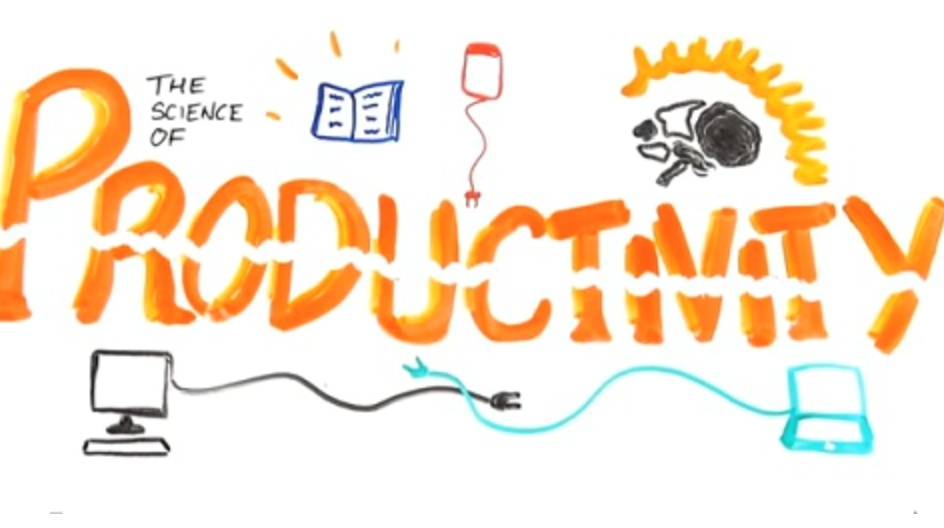By: Deanna Saminathan, SPECTRUM Writer
As midterms are approaching, I think it is safe to say that we have already started worrying about following a study plan for reading week, and how to get the most out of our break. I learned in a recent study conducted by Microsoft that out of the standard 45-hour work week, most people will be unproductive for 17 hours! Fortunately, I am here to provide you with exceptional tips that will help you survive “cramming season”.
TIP #1: Eliminate distractions
Did you know that your brain releases the neurotransmitter dopamine (as a reward) when you study new information? When you eliminate common distractions like Facebook, Snapchat, Twitter, YouTube, etc., your brain will continue to reward yourself as you push through the distractions, and you will start to enjoy absorbing new material. If you feel the urge to check social media very often, try the app Cold Turkey. This app was designed to increase productivity by temporarily blocking distractions.
TIP #2: Work during PEAK hours
A recent research study has proven that our brains are most productive 2.5 to 4 hours after waking up. This peak time increases problem solving skills, accuracy and efficiency, and creativity by releasing specific hormones that aid in productivity.
TIP #3: Time management
Create a to-do list. This helps organize the thousands of things you have to do, and it will feel rewarding as you cross things off. Prioritize the tasks that you aren’t looking forward to as much, and the tasks that have a sooner due date. This eliminates procrastination, and focuses on the projects that have a sooner due date.
TIP #4: Break up your projects into small chunks
When you have a big project, it can seem overwhelming and you may put it off till the last minute. By breaking it into chunks, you can relieve your stress by setting smaller goals everyday rather than cramming the night before.
TIP #5: Have strategic breaks
In a recent study conducted by the US Army Research Institute and Peretz Lavie on ultradian rhythms matches the same founding’s, people can only focus effectively and sustain their energy for longer periods. When you work for 90 minutes, you should have 15 to 20 minute breaks. This is the most effective way to maintain your energy throughout the entire day.
TIP #6: Avoid multitasking
Multitasking is not as effective as we think it may be. Multitaskers are not able to process information as they switch between tasks and maintain high working memory. An old quote mentioned by an Anonymous, only take in the food that your mouth can chew and do not overtake too much food.
I hope these tips help you get through exam season. Remember to work hard, take breaks, and do the best you can. Good luck!
WORKS CITED:
- “The Science of Productivity.” Science of People, 28 Aug. 2017, scienceofpeople.com/productivity/.
- “How to Be Productive: 3-Minute Video that Will Change the Way You Work.” Sparring Mind, 5 Oct. 2017, sparringmind.com/productivity-science/.

